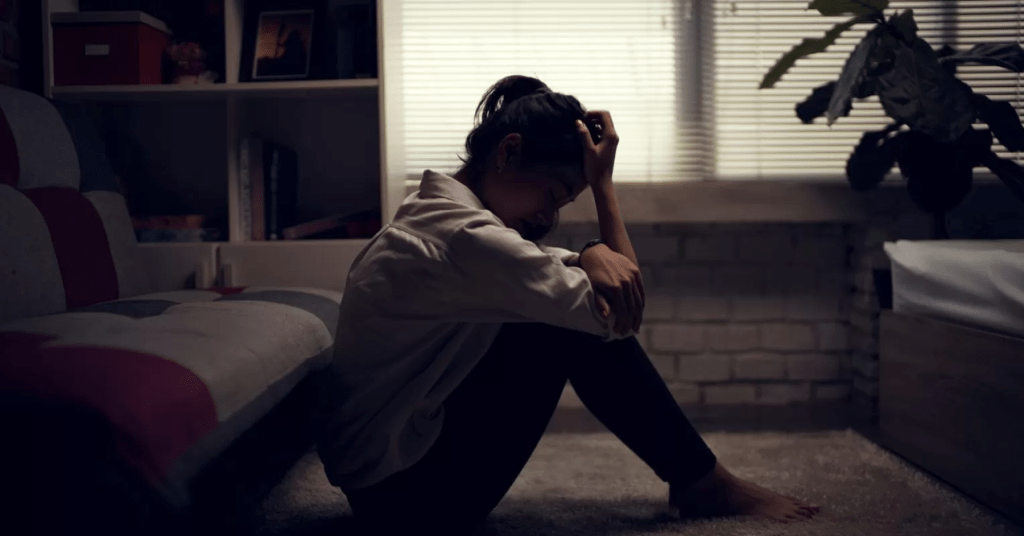Breaking the Stigma: Why Gen Z Must Speak Out About Mental Health

Mental health has long been a taboo topic, especially for younger generations. For many years, talking about mental struggles, anxiety, depression, or stress was often seen as a sign of weakness or vulnerability. However, things are slowly changing, and the importance of openly discussing mental health has never been more relevant—particularly for Gen Z, the generation born between 1997 and 2012. In an age where mental health challenges are at the forefront of young people’s lives, breaking the stigma is essential for building a healthier, more understanding society.

The Mental Health Crisis Among Gen Z
Gen Z faces a unique set of challenges when it comes to it. As digital natives, they’ve grown up in a world dominated by social media, which has been shown to contribute to feelings of inadequacy, anxiety, and depression. With the constant pressure to present an idealized version of themselves online, many young people find it difficult to separate their digital personas from their true selves.
Moreover, global issues like climate change, political instability, and economic uncertainty only add to the stress. According to a 2021 report from the American Psychological Association, Gen Z is the most stressed generation, with a significant number of young people reporting anxiety and depression symptoms.

Breaking the Stigma
Historically, it has been seen as something to hide or be ashamed of. This stigma often prevents people from seeking the help they need or talking about their struggles openly. Gen Z, however, is changing the conversation. With increased awareness, social media platforms like Instagram, TikTok, and Twitter are becoming spaces for young people to discuss mental health openly, share their stories, and connect with others facing similar challenges.
The rise of advocates, influencers, and celebrities sharing their experiences has played a crucial role in normalizing mental health conversations. Celebrities like Selena Gomez, Lady Gaga, and Billie Eilish have openly discussed their struggles, showing that even those who appear to have it all can face difficult times. These stories help break down barriers and encourage young people to reach out for support when they need it.

The Importance of Talking About Mental Health
Talking about isn’t just about airing your struggles—it’s about creating a supportive environment for yourself and others. Open discussions help to validate feelings, reduce feelings of shame, and provide opportunities for healing. When young people feel safe talking about their , it helps destigmatize the experience and encourages others to seek help.
Furthermore, speaking openly about mental health fosters a culture of empathy and understanding. Gen Z is known for being a compassionate and inclusive generation, and by talking about mental health, they can create more safe spaces where people feel heard and supported. Whether it’s talking to friends, family, or mental health professionals, expressing emotions can be a crucial first step toward healing.

Tips for Gen Z to Start the Conversation
If you’re part of Gen Z and looking to break the stigma around mental health, here are some ways to start the conversation
- Be open and honest: Share your feelings with trusted friends or family members. You might be surprised how many others are feeling the same way.
- Use your platform: Whether it’s through social media or personal conversations, use your voice to raise awareness and encourage others to talk about mental health.
- Normalize seeking help: Don’t be afraid to speak about therapy or counseling as a positive way to address mental health. It’s not a sign of weakness—it’s a way to build strength.
- Educate yourself: Understanding mental health challenges can help you better support friends and peers who may be struggling.

Conclusion
Breaking the stigma surrounding mental health is crucial for Gen Z. By starting conversations, seeking help when needed, and supporting others in their mental health journeys, we can create a more understanding and empathetic society. Mental health matters—it’s time we treat it as seriously as our physical health and create a culture where it’s okay to not be okay. The more we talk about it, the more we can heal together.






